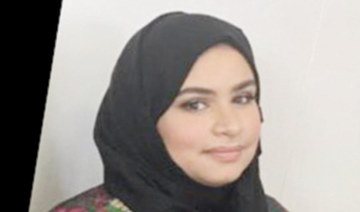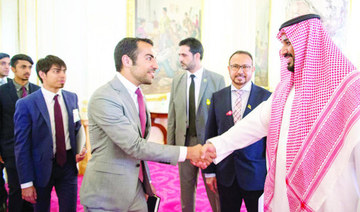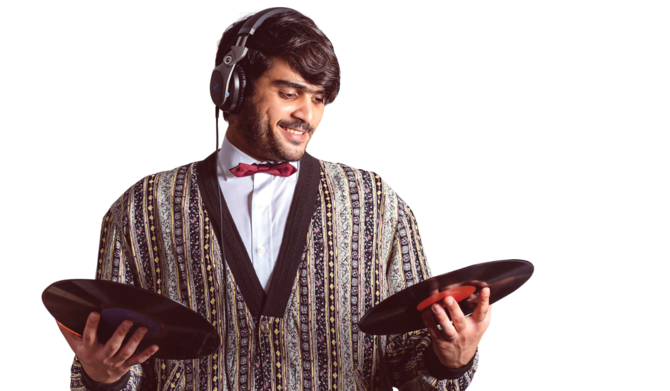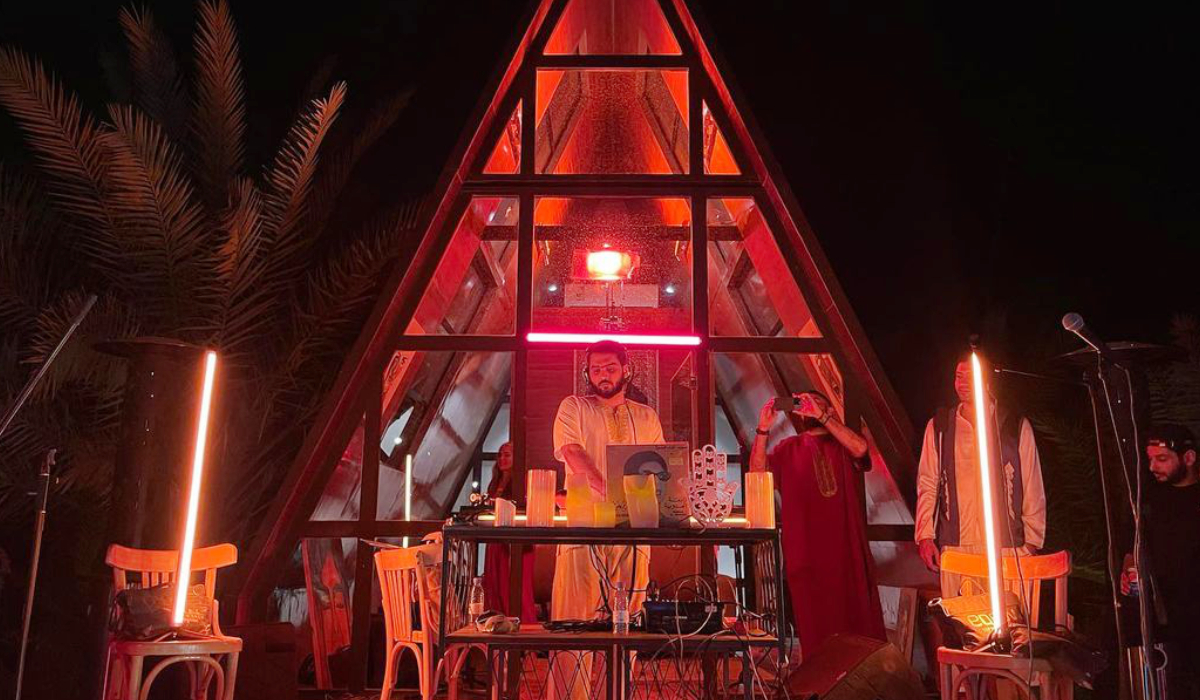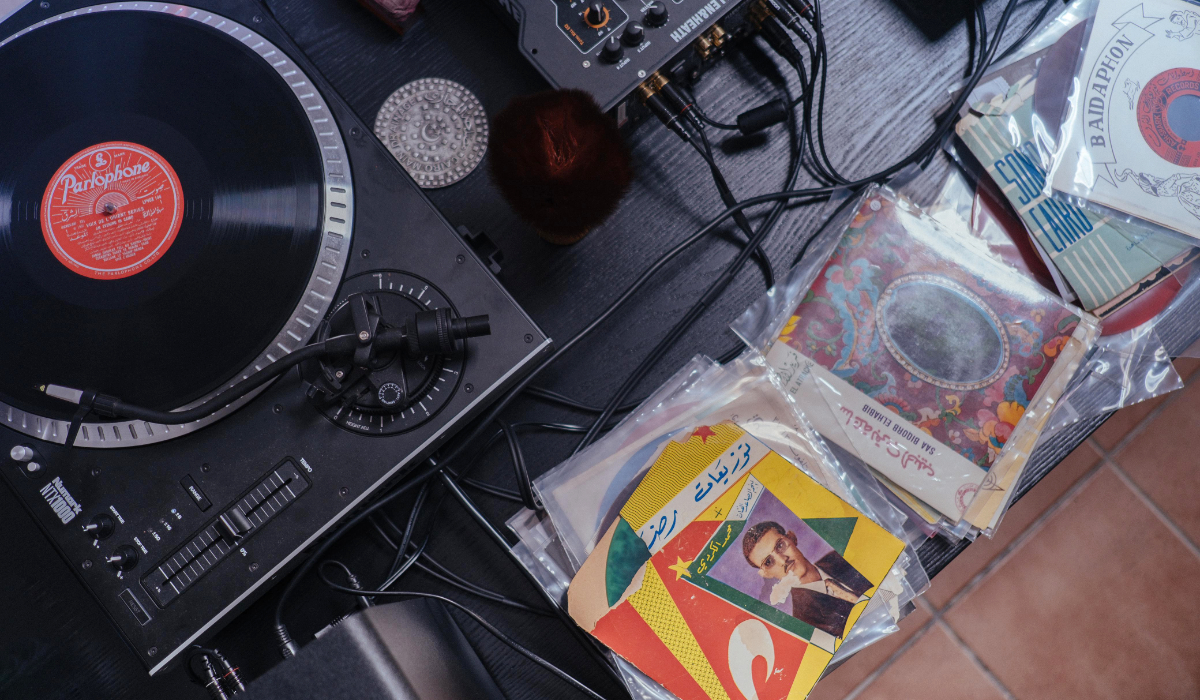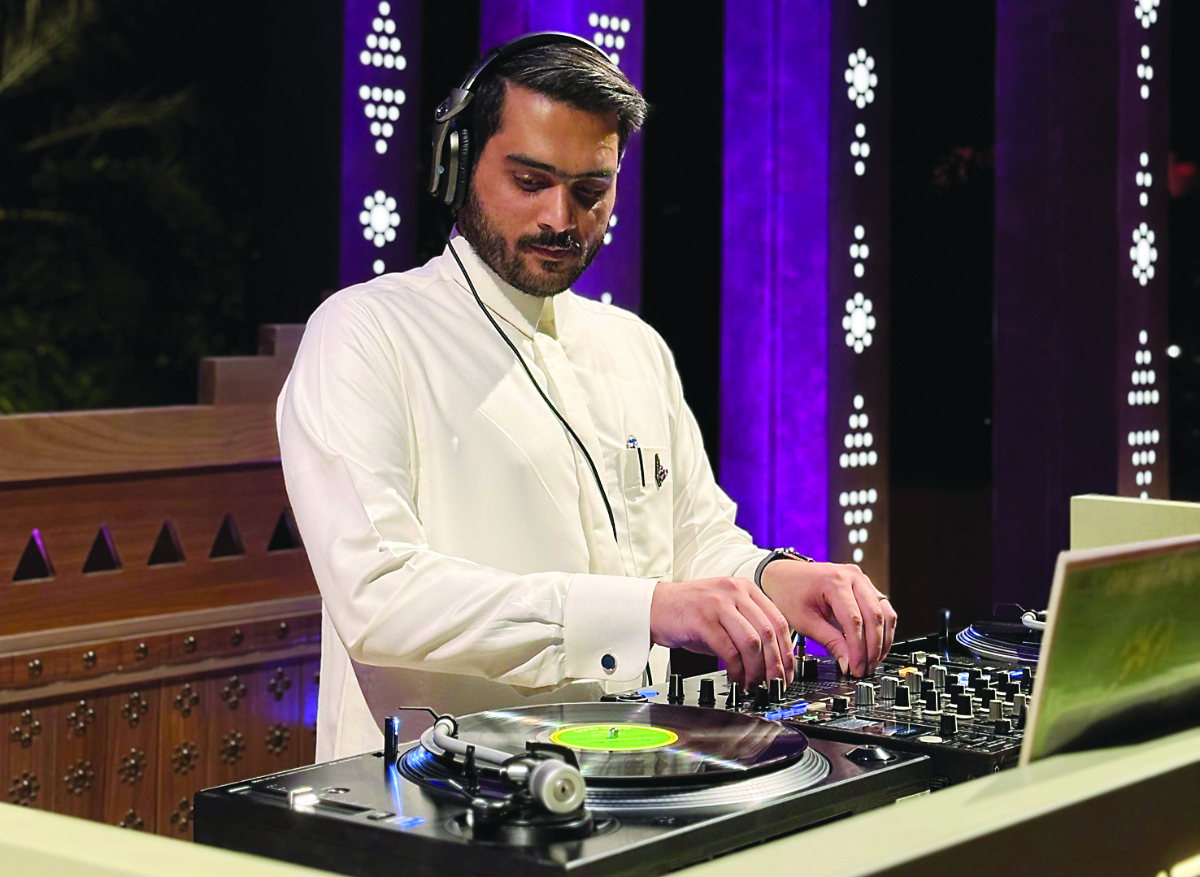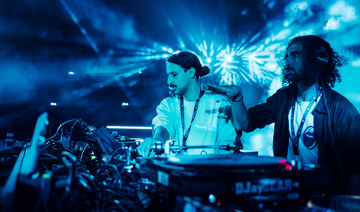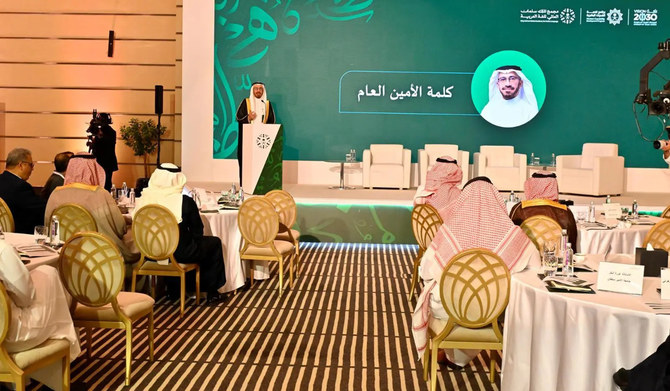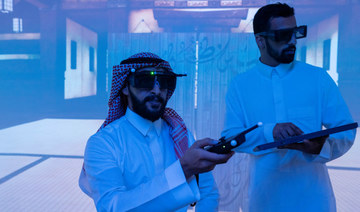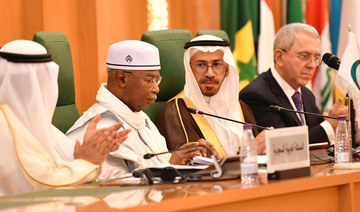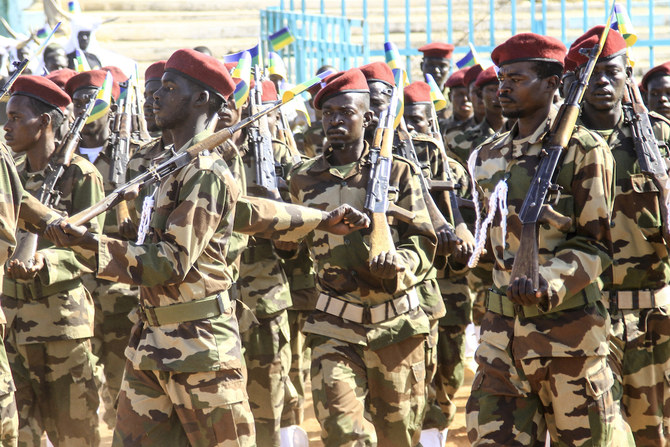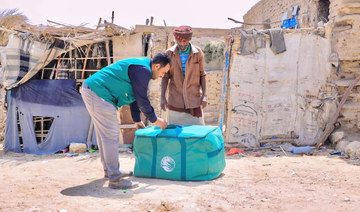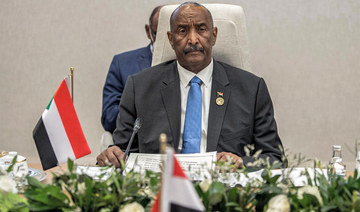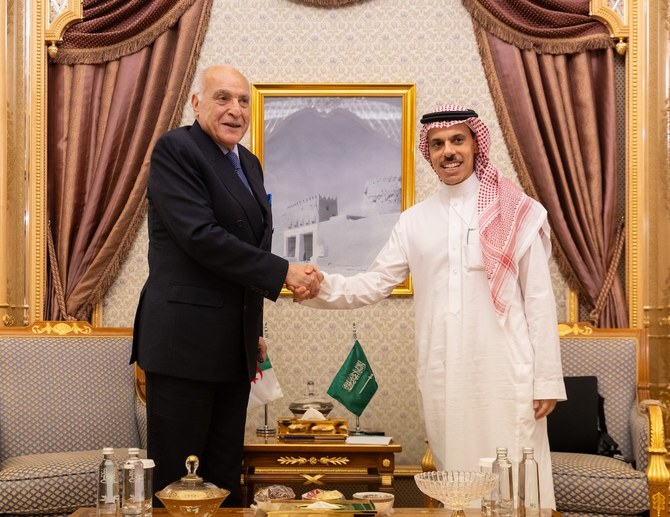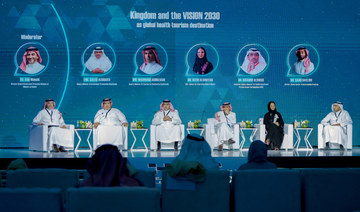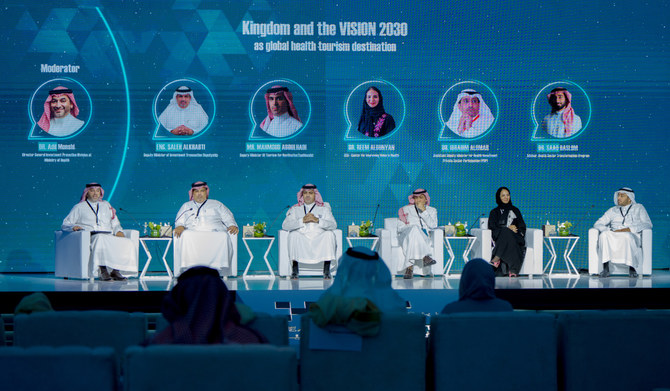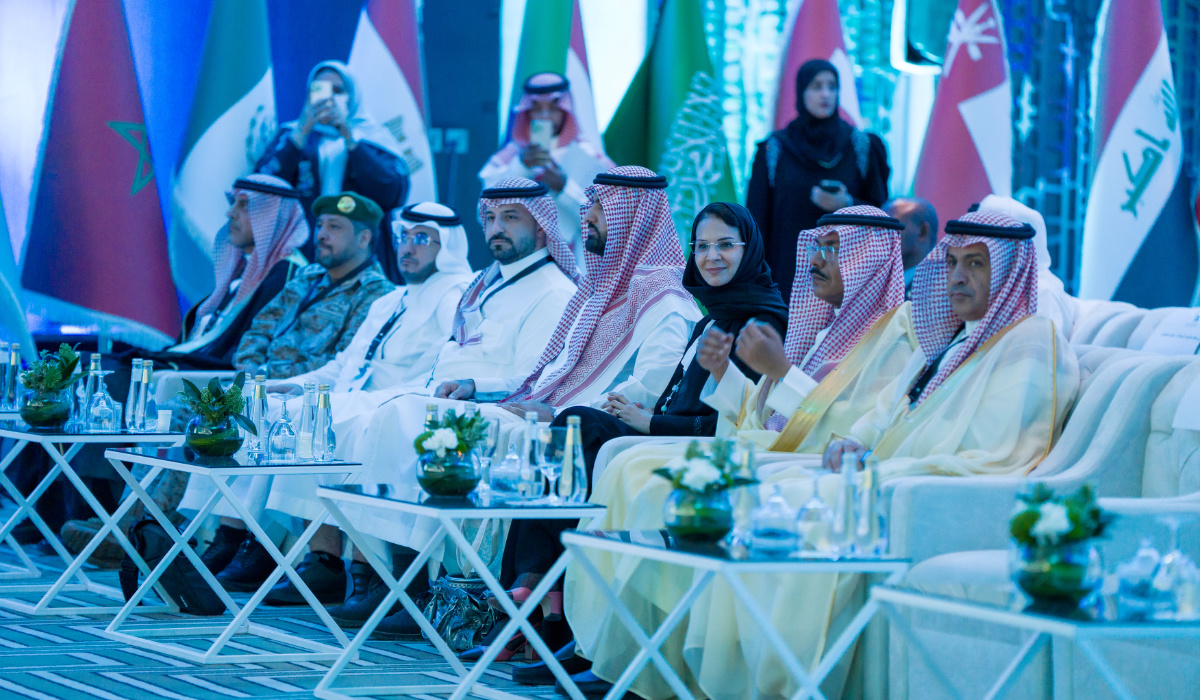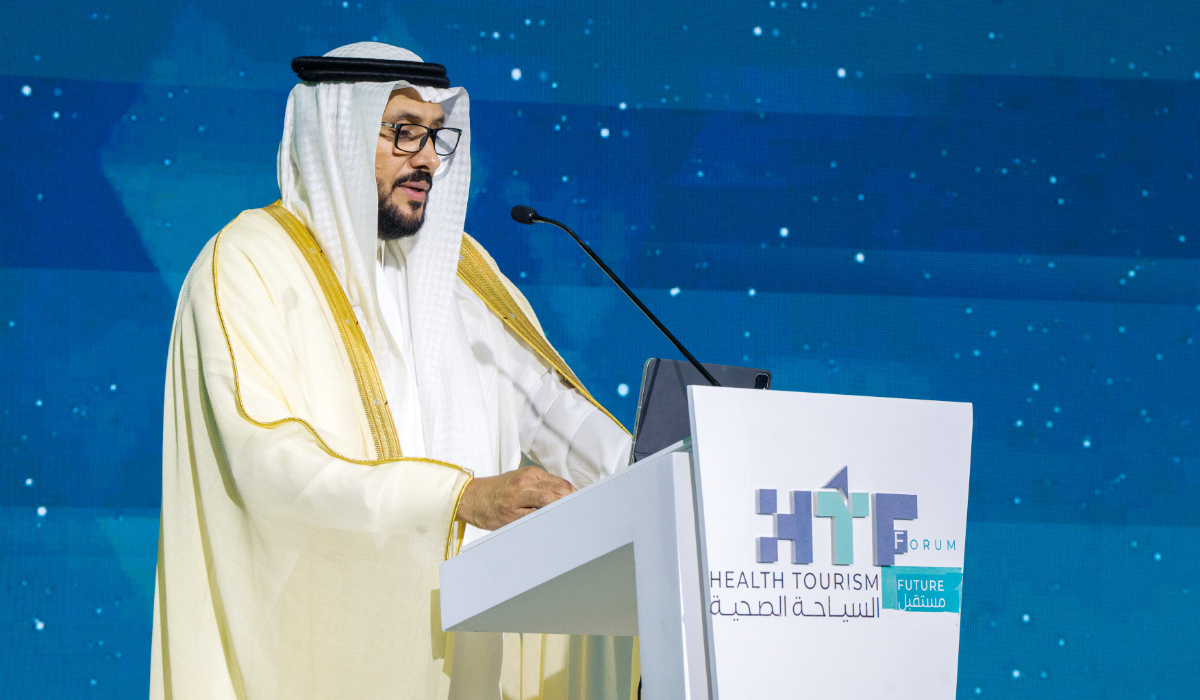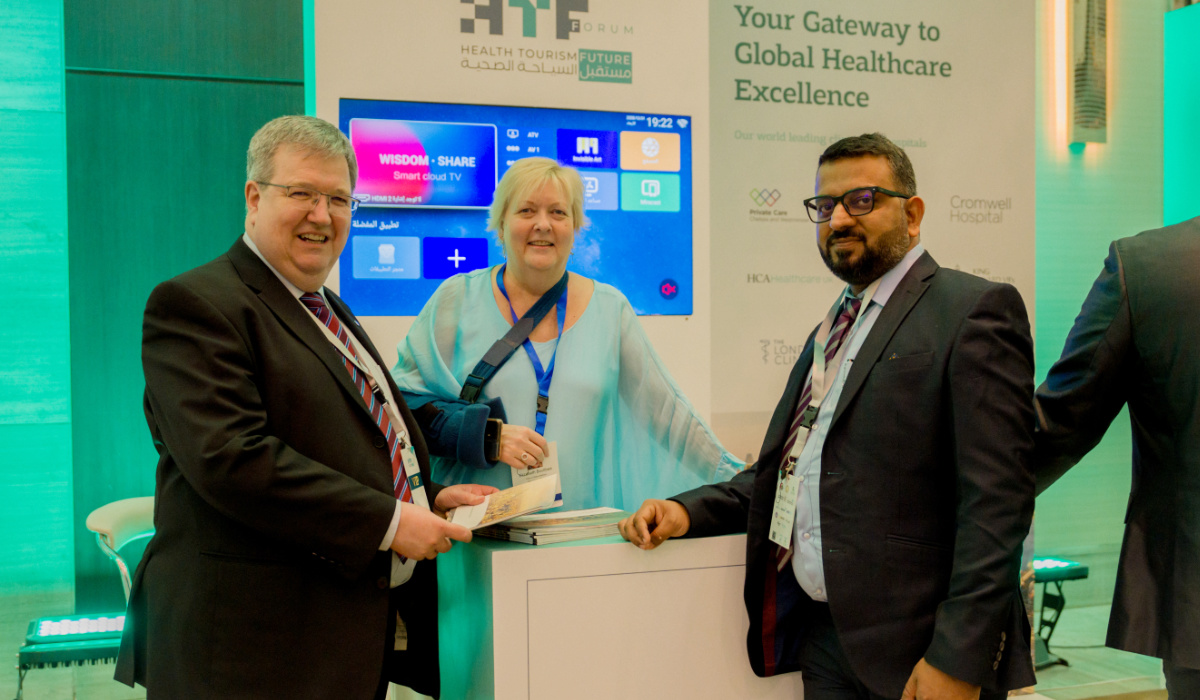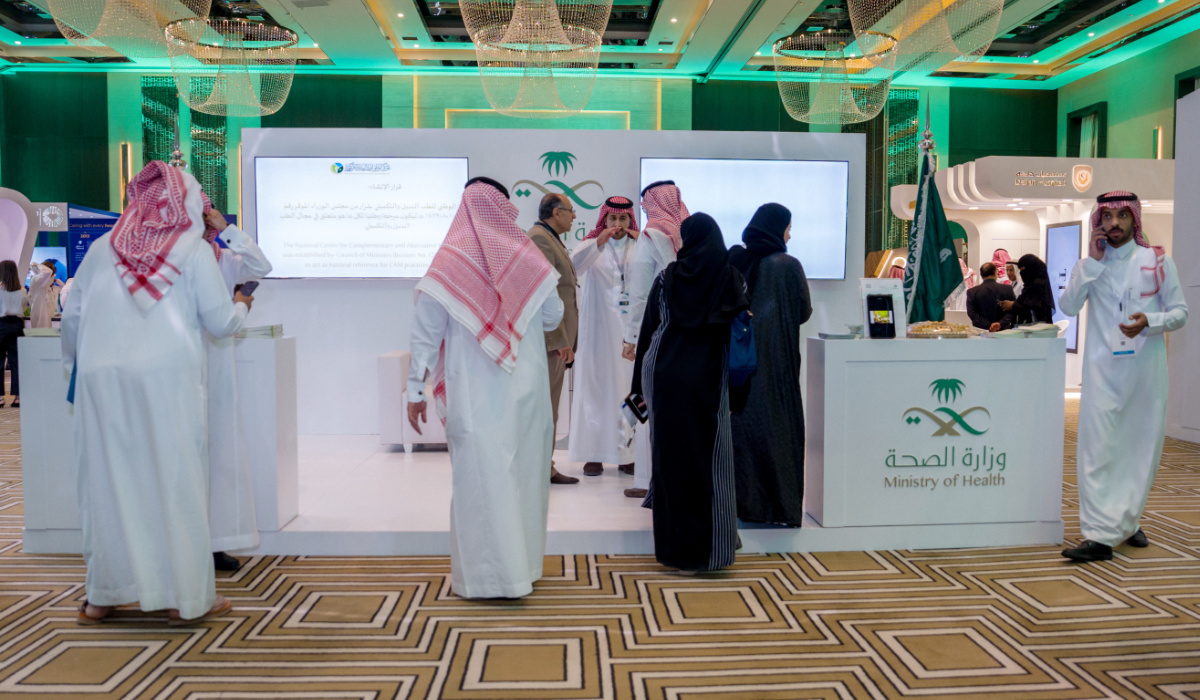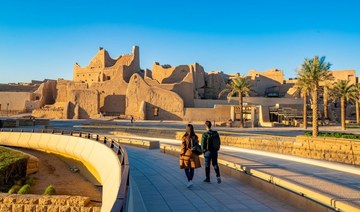JEDDAH: Saudi students move to Japan each year to pursue their higher education, returning with diverse professional experiences. These graduates of Japanese universities have proven their excellence in the labor market in both the public and private sectors.
Dr. Amr Al-Maddah, who is currently working as chief planning and strategy officer at the Ministry of Hajj and Umrah, graduated from a Japanese university in 2013.
He is also an adviser to the Minister of Hajj and Umrah and an assistant professor at the electrical and computer engineering department at King Abdulaziz University in Jeddah.
Al-Maddah lived in Japan between 2008 and 2013, where he earned his master’s and Ph.D. degrees. He described his time in Japan as a life-changing experience.
He said that the authenticity of the experience in Japan came from its cultural difference from Saudi Arabia, which had an impact on his study, work and personal life.
The Kingdom provides thousands of scholarships for Saudi students across many destinations around the world.
Al-Maddah said that Saudis are usually familiar with the lifestyle of other countries such as America and Europe. “There is a common lifestyle in some way,” Al-Maddah told Arab News. “We are familiar with their lives through the media, cinema, and other sources — that’s why we do not usually feel the huge shift in our lives — unlike Japan, where everything is different —the language, lifestyle, public morals, social habits, working style and health system.”
Al-Maddah received his master’s and Ph.D. in intelligent systems engineering from Osaka University, Japan, while he received his bachelor’s degree in electrical, electronics and communications engineering from King Abdulaziz University.
In recognition of his research efforts and international participation in robotics and engineering sciences, in 2008 Al-Maddha was awarded a scholarship by the Japanese government to complete his graduate studies in Japan.
“I had a keen interest in robotics and artificial intelligence, and I used to participate in international robotics competitions,” he said.
Al-Maddha said that he was offered study grants from several countries, but he decided to go to Japan because it is a world-leading country in robotics.
He was accepted by eight Japanese universities before he chose to go to Osaka University.
Experience outcomes
“This huge difference was advantageous to me in terms of language learning and made me discover other aspects of my personality that I would not have been able to discover without this experience.”
During his stay in Japan, Al-Maddah grew as a person and developed problem-solving management skills. He also developed a healthier lifestyle while having his skills and knowledge sharpened.
Coping with life in Japan was a challenge for Al-Maddah; however, it gave him valuable life lessons. “The challenge that language and cultural differences imposed on me was a reason and motivation for me to deal smoothly with any future problem that I may face in my daily life. It earned me the ability to adapt to changes and be always able to find solutions,” he said.
After moving to a new country, adapting to its lifestyle and earning a master’s and doctorate degree, Al-Maddah said any challenge would not be a problem. “There are no more unmanageable problems in my life,” he said.
Dealing with the language barrier
It took him only six months to learn the Japanese language and be able to begin his higher education. “Japanese people do not speak English at all, especially during the time I was in Japan, so as students we had no choice but to deal with others in their language. Even with teachers, even language teaching was in Japanese itself.”
“Everything new we learnt we used it immediately as soon as we left the classroom. This was a great advantage in terms of language learning.”
Al-Maddah had prior knowledge of Japanese culture through anime and movies, so he had a lot of vocabulary and expressions stored in his memory, “which made it easy to retrieve as soon as I heard them.”
Another advantage of the Japanese language is that it is not difficult, he said. “There is no difference between the spoken and the written language. What makes it even easier is that it was a new language system to me. I did not have to build on or retrieve from previous knowledge. It was easier than learning French.”
Beginning the journey
“During our orientation day at the university, I asked my supervisor about the working hours, and he gave me a response that actually summed up life in Japan for me.”
His supervisor said to him: “We are in Japan now, all of these people you see in front of you, you will spend 80 percent of your time with them, we are your family in Japan. And me as the supervisor, I am like the father, I must be aware of everything you do.”
He continued: “I expect you to show me the same respect you give to your father at home and to respect your older colleagues as you do with your older brothers. Moreover, you should take care of your younger colleagues as you do with your younger siblings. This is the way we work and this is our system.”
Al-Maddah said it was strange to him at first, but later he discovered it was very realistic advice that applied to all aspects of life in Japan.
Cultural similarities and differences
Although Al-Maddah had work and training experiences in other countries, he felt a sentimental attachment to Japanese culture. “I felt a sense of belonging to my cultural origins while I was in Japan,” he said.
Japanese people highly appreciate public ethics, he said. “If we go back to the essence of these ethics, such as treating elders with respect and maintaining the cleanness of our surroundings, greeting everyone, respecting others privacy, abiding by talking manners, we find that they match our authentic customs in our culture and religion.”
However, Al-Maddah faced difficulty in adapting to Japan’s strict set of social rules.
Due to the Japanese addiction to work and the nature of their lifestyle, which impacts the way they react and deal with others, Al-Maddah experienced a sense of separation and loneliness while being among masses of people.
“For example, as Arabs, we love chatting and humor, but Japanese people are quite the opposite,” he said.
“We share our concerns or complaints about the daily hustle and bustle with others, even with those whom we may have just met; it is socially acceptable.”
For the Japanese, it is different, even among friends. Each relationship has strict boundaries that cannot be crossed. “The nature of their work makes them reluctant to chit chat and have a lot of daily activities.”
According to Al-Maddah, the barrier between the student and the society is not the language, but the different lifestyle. Students discover that what is expected from others is different because of cultural differences. “Emotional interaction is different among Japanese people, and so is their expectations of relationships.”
“This barrier can be crossed, but it does not reach the form of relations we have in our Arab culture,” he said.
Another aspect that distinguished his experience in Japan was nature. “Living in Japan means experiencing all the seasons with their full beauty and natural conditions.”
“Natural diversity was a unique experience in all its aspects, as well as its association with memories and stories.”
Well-rounded professional experience
“At the beginning of my study, we used to work on projects with a budget of millions in partnership with large companies such as Toyota, Honda and others.”
“Working in an integrated system and realizing and testing my abilities, plus using them, was one of the most amazing things that Japan gave me.”
He said that the work environment trust in the student gave him the chance to see how far he could go.
Al-Maddah returned to Saudi Arabia with a well-rounded professional experience that opened up many doors. He worked at several public and private institutions including King Abdullah Petroleum Studies and Research Center, Saudi Research and Publishing company, and Misk Foundation.
He currently works as a university professor and during his current position was loaned to several institutions, the most recent one being the Ministry of Hajj and Umrah.
The Japanese style of work gave Al-Maddah a significant advantage and distinguished him from his peers.
“Japan has its own school in business management and industry, which is quite different from the European and American schools,” he said.
“I think that the different thing that I have learned through the positions in which I worked in Japan is not related to the degree itself as much as it relates to the school from which I came.”
Al-Maddah came from a school that dealt with files and projects differently, which is a new work model in the market. “We need this diversity in professional backgrounds and experiences in the Kingdom,” he said.
Al-Maddah’s prior work experience in Saudi Arabia and his familiarity with the American and European work systems added to his wide experience.
“Difficulties will always exist, but innovation and development are what the country is looking for as stated in the Vision 2030, which aims to search for the best wherever it is and bring it to the Kingdom.”











